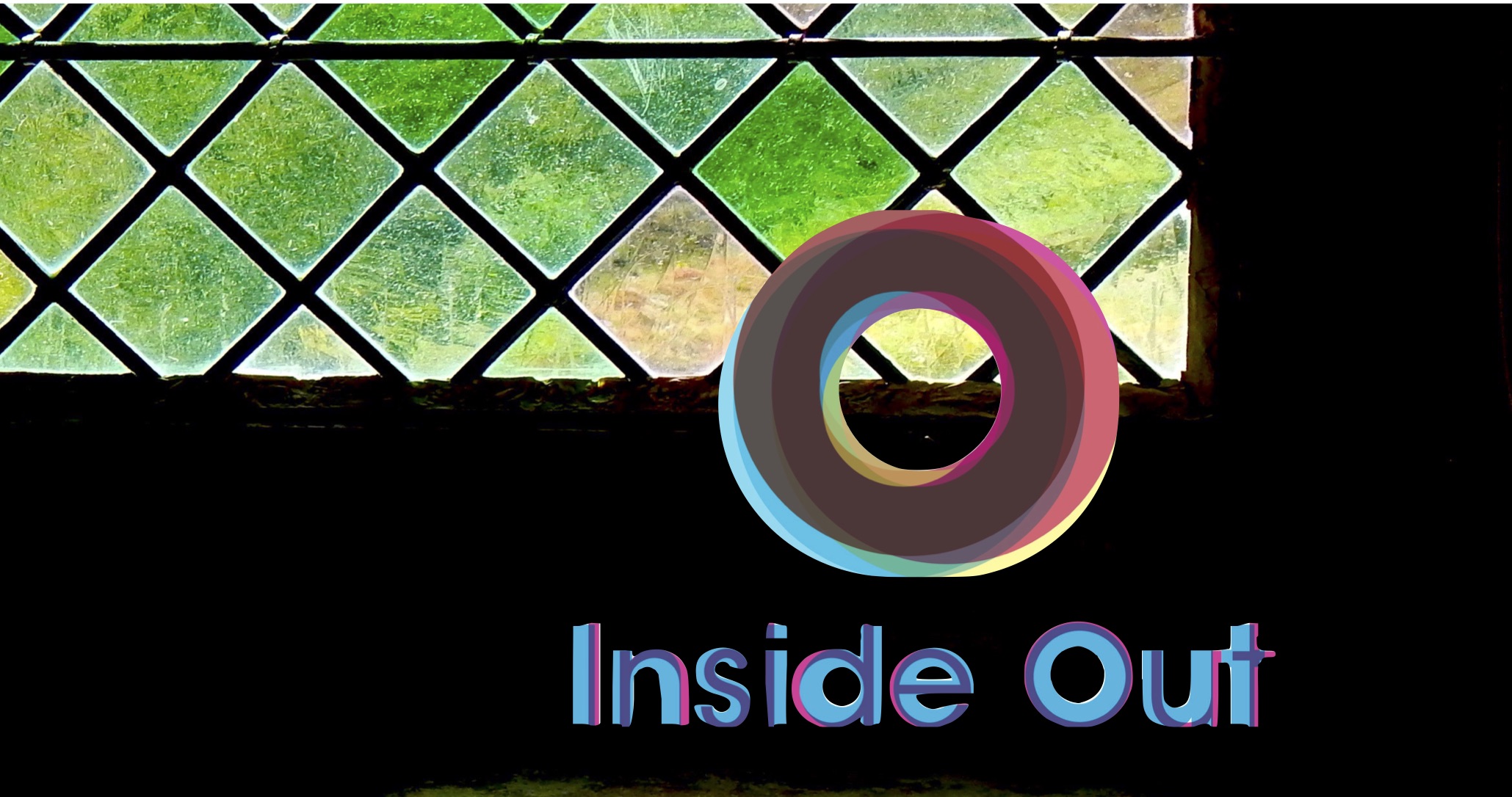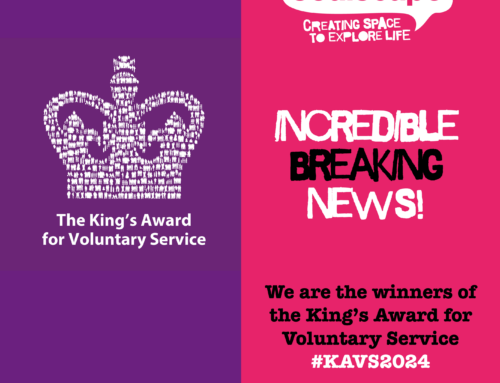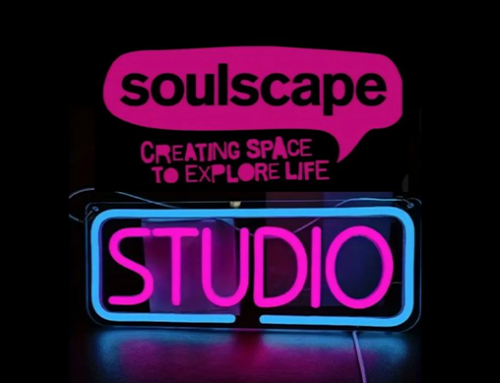Two of the team discuss Inside Out.
Megan (intern/researcher)
‘The statistics are quite surprising. You don’t really think that as many young people suffer from mental health issues as actually do. Suicide is the biggest cause of death in young men under the age of 25. It makes you want to do something about it.’
‘It will be really interesting to hear young people’s responses to real-life stories. I believe the best way to promote change is through sharing authentic experiences, authentic opinions.’
‘It’s important that Inside Out workshops should be inclusive and relevant to everyone. Some participants will have experienced severe mental health issues, while others won’t have encountered any significant problems. Our focus is on mental well-being, (helping all young people to develop positive coping strategies for difficult situations) rather than on mental illness issues which affect some people, but not all.
Henry (actor/researcher)
‘A lot of emotional suffering goes on in private as people try to hide it away. But it’s time to get mental health issues out into the open more. There’s power in sharing moments that are very personal. That’s why we’re gathering authentic real-life stories, to get people discussing things that would otherwise remain secrets. That’s a priority for me, I think.
‘It’s really OK to talk about mental health issues. We want to reinforce that it’s not ‘weak’ to share. Young men, especially, learn that to show any kind of weakness is bad. We’re taught to ‘be men’. And in this context, ‘being a man’ is possibly one of the most self-destructive things you can do, because you’ve got all these things in your head, and you just don’t know how to deal with them. You haven’t yet developed the coping skills, and you can’t really do it on your own. The sooner people realise that getting help and talking to someone is a good thing, the better.’






